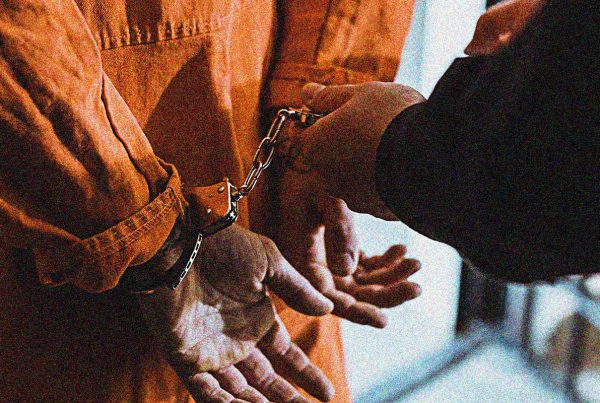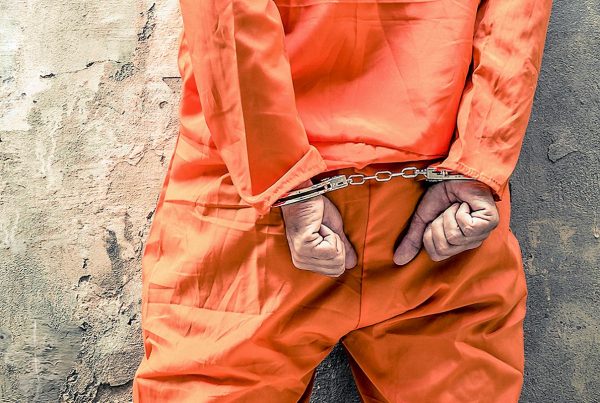In 2001, the Supreme Court of Canada called strip searches “one of the most extreme exercises of police power” and “inherently humiliating and degrading” (R. v. Golden, 2001 SCC 83 at paras. 89-90). Unlike federal prisons, and many other provincial and state prisons in North America, Ontario has no legislated safeguards restricting when these highly invasive searches can take place.
“Strip searches are inherently humiliating and degrading.”
These are not trivial privacy violations. Prisoners are generally forced to remove all of their clothing, bend over, spread open their buttocks, manipulate their genitalia, remove soiled tampons, and/or cough while squatting naked in front of others. All of their bodily orifices are inspected.
Strip searches are particularly harmful to those with a history of trauma. A recent meta-study found that about half of the people incarcerated in Canada have experienced childhood abuse. Half of women, and one in five men, have experienced childhood sexual abuse. The real numbers are likely higher due to underreporting that occurs because of the stigma of trauma of abuse.
The government’s power to imprison a person is an extreme deprivation of liberty. But prisons are not a rights-free zone, and strip searches are one of the most invasive acts carried out by prison authorities. We need clear, strong laws constraining the use of this power to prevent abuse and unnecessary trauma. Ontario’s law does the opposite. Ontario’s Ministry of Correctional Services Act and its regulations grant administrative officials unfettered power to authorize strip searches at any time and in any situation, regardless if there are reasons to justify strip searches. In short, it gives carte blanche to provincial prison authorities to determine who they want to search, when, and why.



